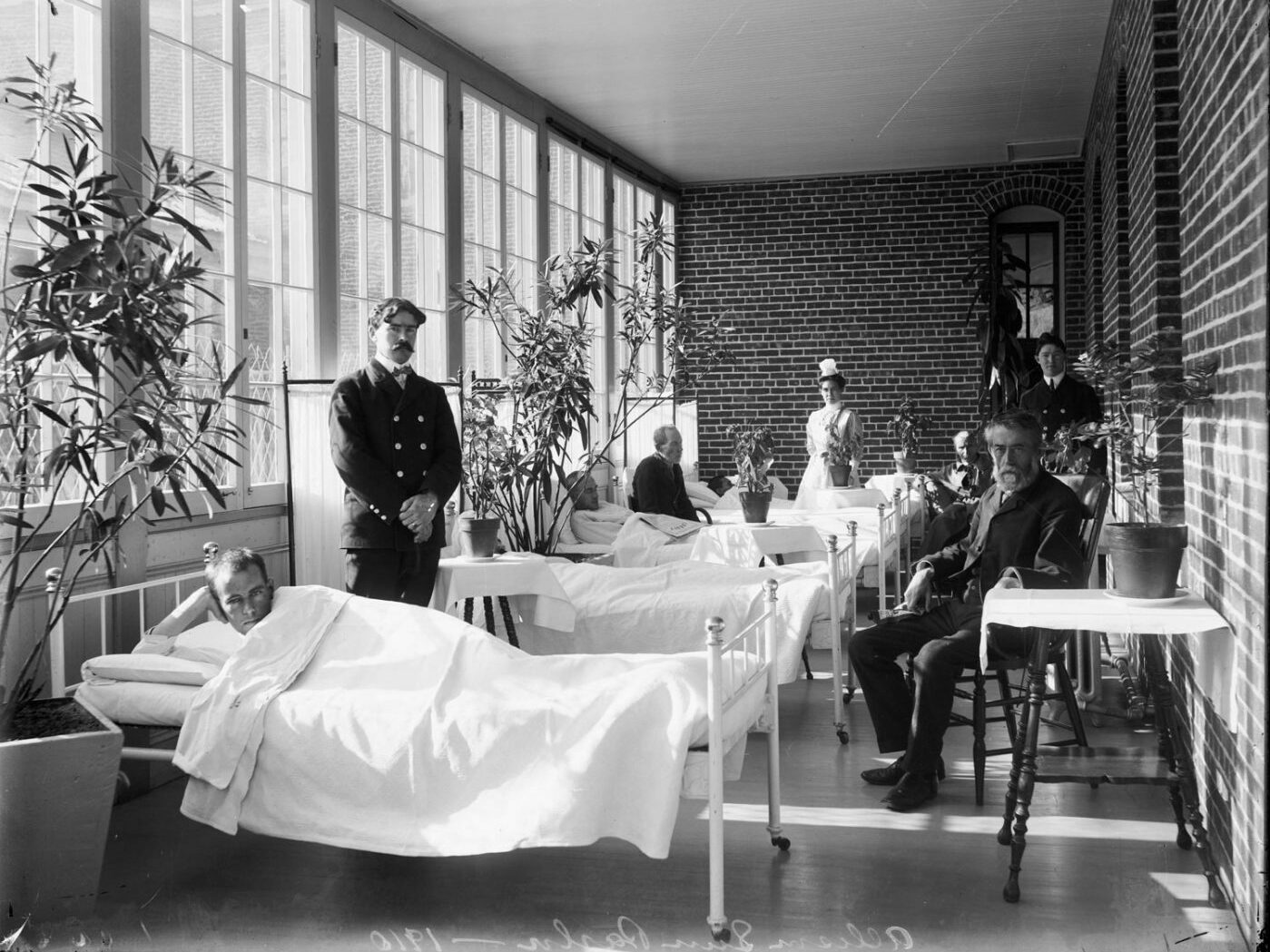A joint legislative committee has spent the last two years looking for ways to reduce the number of people with mental illness who get caught in the revolving door into and out of county jails and state prisons. This week, the committee agreed on a short-term approach but split along partisan lines in tackling the problem long term .
The committee agreed to rewrite some portions of Chapter 51 that lays out the rules for detaining people who are behaving dangerously due to their mental illness. They also approved establishing a pilot grant program in four counties to help mentally ill inmates get access to their medications as soon as they are released from Jail. Committee co-chair Democratic Rep. Sandy Pasch of Shorewood says the program is modeled on a similar program now being used in 14 state prisons, “So individuals exit and renter the community with a support system already there so they’re not destined for failure and re-incarceration.”
The new jail program would cost $300,000 and serve only four counties while the current prison program costs $1 million dollars a year and serves only a fraction of the more than 7,000 mentally ill inmates behind bars.
Stay informed on the latest news
Sign up for WPR’s email newsletter.
To address the needs of the others Pasch and others on the committee drafted a letter to State Health Services Secretary Dennis Smith calling on him to request expanded Medicaid funds through the new federal health care reform act, “It’s a much more comprehensive approach with federal assistance again this is one percent federal for the first few years and then a small amount of state to really keep people out of a very expensive criminal justice system.”
But Republican committee chair Sen. Mary Lazich vetoed the letter calling the federal funding request beyond the scope of the committee’s mission. Rep. Pasch says the letter will be sent anyway just not on the committee’s letter head.
Wisconsin Public Radio, © Copyright 2024, Board of Regents of the University of Wisconsin System and Wisconsin Educational Communications Board.




